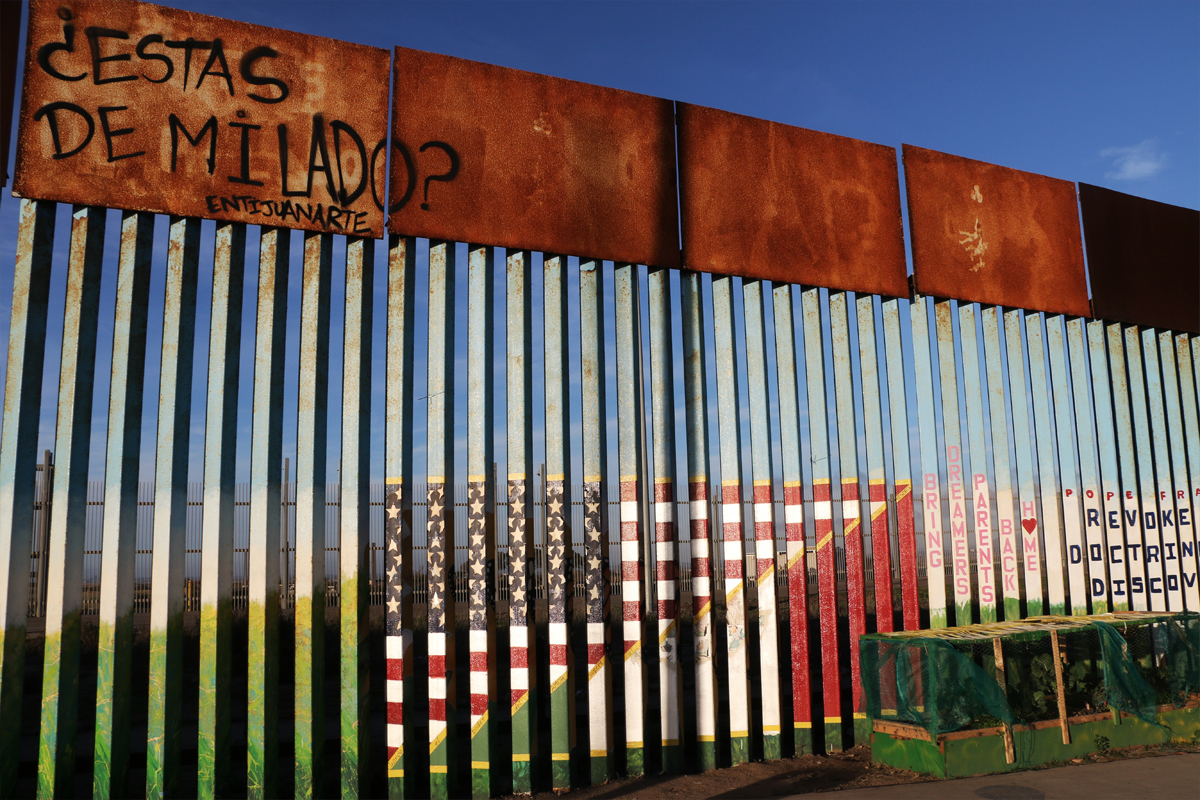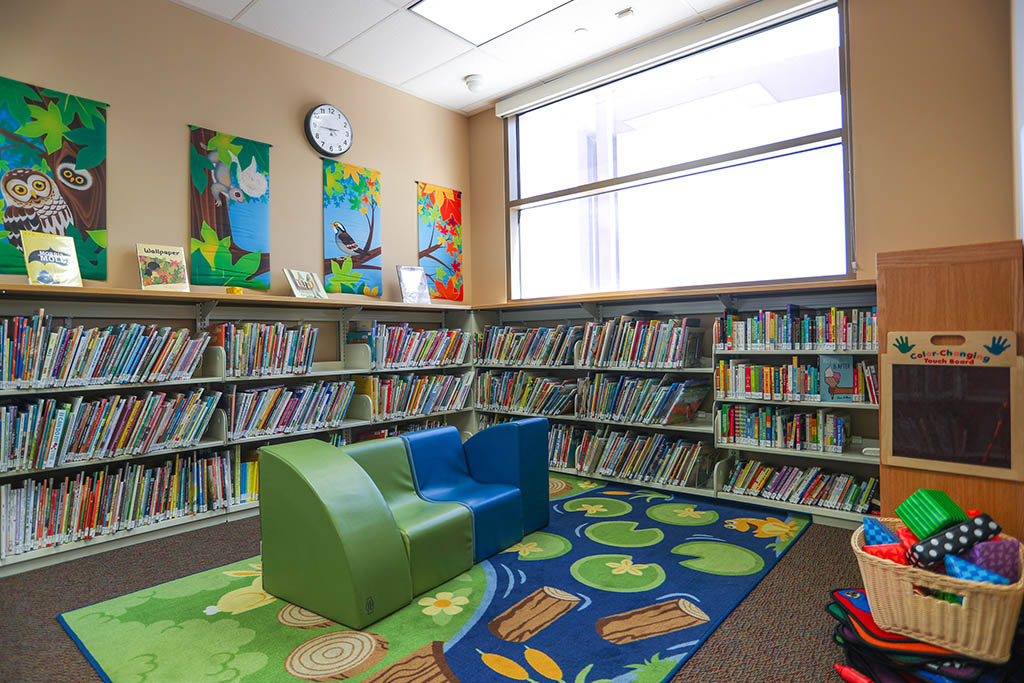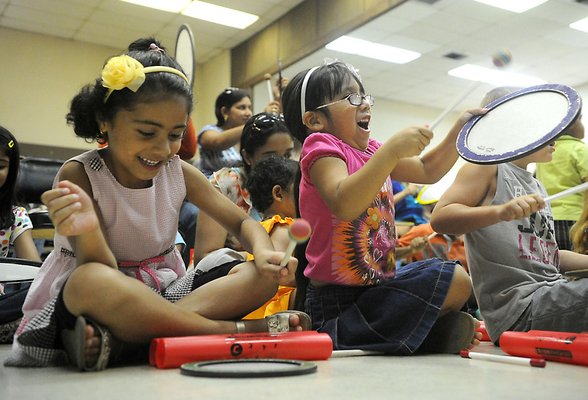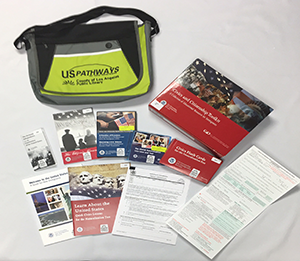The Tracks Home

Don Luis shivered in line at the snowy desert camp near Utah’s Great Salt Lake that winter of 1945. The icy wind pierced his thin shirt and pants, chilling his skin. Trains carrying war supplies rumbled throughout the railroad yard. Traqueros, track workers, hauled picks, poles, and shovels. He had never labored on the railroad, but he’d learn, earn money and return home at war’s end.
At the front of the line, officials distributed thick coats. Don Luis presented his contract to an official. Purchases would be deducted from his paycheck, the official informed him. Don Luis grabbed a long sheep skin coat. He stroked the warm lining, draped it over his shoulders, and headed towards the railroad tracks.
Two foremen and an interpreter gathered a crew of thirty men. Don Luis huddled with his paisanos, buddies from his village in Mexico. They donned work gloves the foreman furnished them. They were to remove old tracks and install new ones. The transport of soldiers and food depended on the maintenance of the rails, the interpreter explained. They were a vital part of the war effort.
It was the rallying cry Don Luis had heard back home: braceros – strong arms – needed in the United States.
At the start of the war, his brother had labored as a bracero via the Mexican Emergency Farm Labor program. There’s much work here picking beets and tomatoes, his brother wrote in letters from California. So Don Luis enlisted too and traveled to a recruitment center near his village, leaving behind his wife and two young children.
At the contracting center in Querétaro, railroad representatives waited while U.S health officials probed his eyes, ears, hands and arms. He’d signed and received an identification card – Railroad Track Labor Only inscribed at the top. He clutched the documents in his hands and followed the hundreds of braceros boarding the Mexican Railways for the trip north.
Now, weeks later, he lugged rail equipment to repair the tracks that crisscrossed the Utah desert by Lakeside, near Salt Lake City. He and the crew cleared the tracks of debris and shoveled gravel. They ripped up the worn tracks, lifted the corroded railroad ties with tongs and dug out ballasts. He was careful to not puncture his hands, but by mid-day, the gloves were riddled with holes. He slipped on new ones, and ripped them again.
At sundown, Don Luis and the men hauled shovels over their shoulders and trekked back to camp for a meal at the mess hall. Tomorrow, they’d put in another 12-hour day.
In time, Don Luis’ crew grew to include a tall, white fellow – though not American – who assisted in laying the tracks, and an American electrician who spoke no Spanish. They resorted to hand signals, pointing to the tongs, wrenches, and jacks as Don Luis and his buddies set new railroad ties, driving down spikes with a sledgehammer. The electrician drilled holes through rails. Don Luis inserted and fastened bolts. He and the crew replaced ballasts.
At sunset, Don Luis removed his perforated gloves and headed back to camp. Oil dripped onto his shirt and pants. It ran through his fingers, thick like the honey forming inside a honeycomb back in his village. He relished licking the sweet, sticky food off his fingers. Now, in this war-time bracero camp, there were few sweets, for sugar was rationed.
He removed his pants and headed to the washer. He opened the spigot, splashed hot water onto the greased pants and poured soap. Then picked up a wooden stick and stirred. But the stubborn grease and grime remained, so he wore them a second, third, and fourth time.
After two weeks, his paycheck came with deductions for the sheep skin coat and his room and board. But he’d earned enough to buy new clothes. The rest he’d send home.
On Sunday, he and fellow braceros rested on their cots, wondering what lay beyond the desert tracks.
The train will take you into town, the foreman explained, handing Don Luis and his buddies a pass and small railroad company buttons. Don Luis pinned it on his shirt pocket and boarded the train.
It rumbled across a trestle bridge near the Great Salt Lake. El Lago Salado. Don Luis marveled at the briny water with no outlet – so unlike the creeks back home that flowed into a gushing river.
The train pulled into the Ogden depot. Women, men, and children streamed in and out of the station. Troops in town exited train cars. The sounds of English reverberated throughout.
He and his buddies walked into town. At a men’s store, shirts, pants, and overalls hung on racks and storefront windows. Don Luis patted the coins and the check inside his greased pocket and entered. He grabbed a shirt and a smooth pair of pants.
“Cuánto, Señor?” he asked the salesperson. But the man stared in silence. Then finally spoke in the same hurried English sounds that filled the train depot.
Don Luis pointed to the merchandise, placing several coins on the counter. The man took them. Don Luis carried his new purchases back to camp that day, unsure of their cost.
That evening he lay on his cot. Inside the room, a radio played country music. Braceros scanned the dial until the familiar sounds of a ranchera streamed from the speakers. Don Luis reminisced. How was the baby? And when the oldest asked, “Where is my Papá?” he contemplated his wife’s reply:
“Tu Papá está en Estados Unidos. No tarda en regresar.” “Your father is in the United States. He won’t be long in returning home.”
But braceros murmured late at night. Some fellow villagers, ill or injured, hadn’t returned after a stint on other U.S railroads. Wives and mothers had implored officials in both countries, eager to learn the fate that had awaited their husbands and sons in El Norte.
Still, Don Luis and his buddies toiled where Chinese and Irish laborers once had. Nearly a century ago, they had leveled roadbeds and blasted mountainsides in the Sierra Nevada and helped build the U.S transcontinental railroad where the Central and Union Pacific connected east to west.
When the roaring trains had quieted, Don Luis gathered pen and paper. Dear family, he began. I am well, and working on the railroad. How is everyone? Please write me. He remembered to write Section 97, his worksite, on the mailing envelope.
Winter gave way to spring, followed by summer. Don Luis worked, ventured into town on Sundays, and sent money home.
One day, the foreman approached him. He’d been re-assigned to other duties.
In subsequent days, Don Luis positioned himself miles away from the crew, as instructed. In the distance, his section gang crouched near the tracks, their bodies on the line, grease flowing like honey and spilling onto their overalls and pants. He visualized his paisanos, the American foreman and the interpreter, the towering white fellow and electrician who communicated in hand signals – all together now, arms and hands setting down rails and ties.
The earth rumbled beneath his feet. He recalled the foreman’s directive.
He readied the small device filled with detonating powder – a torpedo, the foreman had called it. He bent towards the tracks and strapped it to the top of the rail. Up ahead, the train lurched. Its wheels clattered near the flagging zone, then spun over the torpedo, emitting a loud bang. The driver slowed the train, circumventing the track workers. Don Luis sighed.
He stationed himself at the zone each day, flagging oncoming trains, his distant gaze fixed on his section gang.
One August day, the foreman gathered the men. Don Luis watched his lips move with excitement. An interpreter stood by.
“Muchachos,” he began, “the war has ended.”
On his next visit to Ogden, he witnessed trains roar into the depot with returning soldiers, a family awaiting each of them. Some exited on crutches. A child rushed to a man’s embrace; a woman caressed his face.
Outside, U.S flags waved from business rooftops. Men and women tucked newspapers into their forearms – Peace and Victory splashed across headlines. He needed no translation for these and other words he’d acquired: check, depot, torpedo, letter, tracks, home.
The war was over. So was his work contract. Amid the swaying flags and victory chants, he reveled in a quiet joy that soon he’d be home.
But the rolling stock and railroad equipment would come slowly. In Idaho and California, beet workers and other agricultural braceros needed transport too. Repatriation would begin with them.
Autumn turned to winter. Don Luis arose at dawn, labored on the tracks and retired to camp at dusk. On Sundays, he ventured into town. Victory celebrations had come and gone. Fathers now strolled down sidewalks with their children.
But at night, by the dim light inside a bracero camp, he’d still write, “Dear family,” to begin each letter.
Then the chilly air abated. Spring was on its way.
In the distance, a whistle blew. A train rumbled into camp, its wheels clanking against new tracks.
Don Luis looked out on the railroad yard. Gone was the snow that had greeted him more than a year before. The children must be grown, he reckoned. The baby was now walking alongside his brother. He’d look for tracks of their small feet on the dirt road leading to their adobe home.
He unpinned the railroad company button on his shirt, packed his sheep skin coat and pants. Maybe this train would deliver him home.

March 11, 2016










